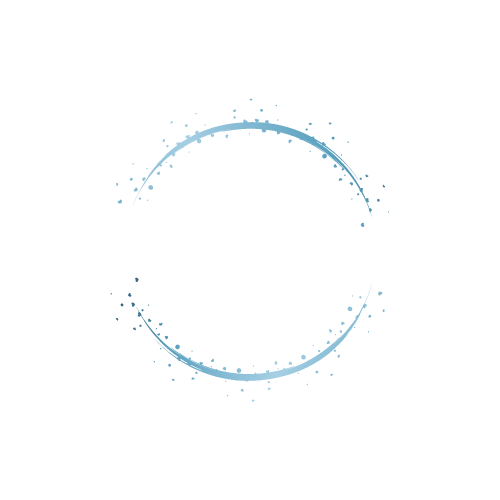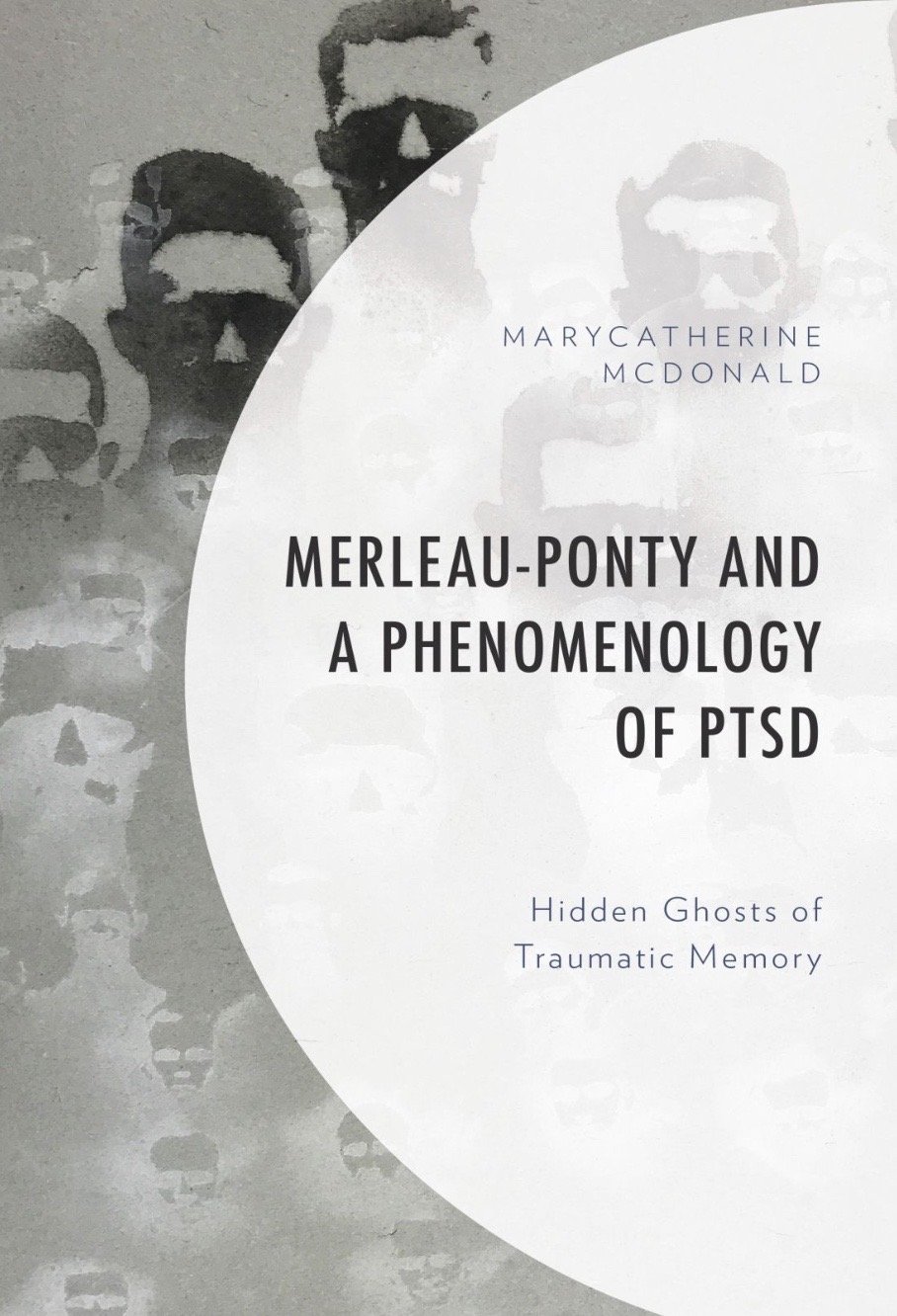In The Joy Reset, Dr. MaryCatherine McDonald identifies the six common barriers that prevent us from accessing joy–hypervigilance, emotional numbing, fear of loss, conditioning, guilt, and shame–and then redefines positive emotions as those tenacious, gritty, often tiny experiences that appear within the darkest moments and form the very foundation of psychological resilience. Rooted in the neurobiology that explains how trauma and suffering affect us, Dr. McDonald shares exercises that make joy and gratitude bite-sized and accessible. By emphasizing the very real ways that joy and hope show up even in our toughest moments, The Joy Reset empowers you to find the light in the dark–no matter what.
Unbroken
A profound new approach to healing trauma, grounded in a radical reframing of how we understand this nearly universal experience.
With Unbroken: The Trauma Response Is Never Wrong, Dr. McDonald overturns the misconceptions about trauma with the latest evidence from neuroscience and psychology―and shares tested practices and tools to help you work with your body’s coping mechanisms to accelerate healing.
Merleau-Ponty & a Phenomenology of PTSD
Despite the fact that we have been studying posttraumatic stress disorder (PTSD) since at least the late 1800s, it remains prevalent and, in many cases intractable.
Merleau-Ponty and a Phenomenology of PTSD: Hidden Ghosts of Traumatic Memory begins with the assertion that we struggle to successfully treat PTSD because we simply do not understand it well enough.
American & NATO Veteran Reintegration
In American & NATO Veteran Reintegration, MaryCatherine McDonald & Gary Senecal examine mental health issues among former American service members. American veterans suffer from post-traumatic stress disorder at significantly higher rates than veterans in other NATO ally countries involved in war. McDonald & Senecal argue that sociocultural factors, such as military training & civilian culture, have a dramatic impact on these rates.














